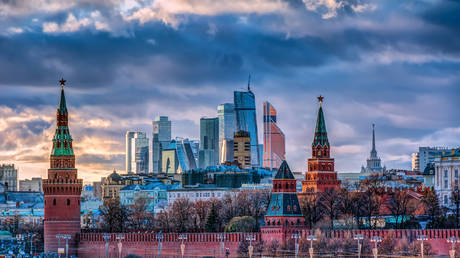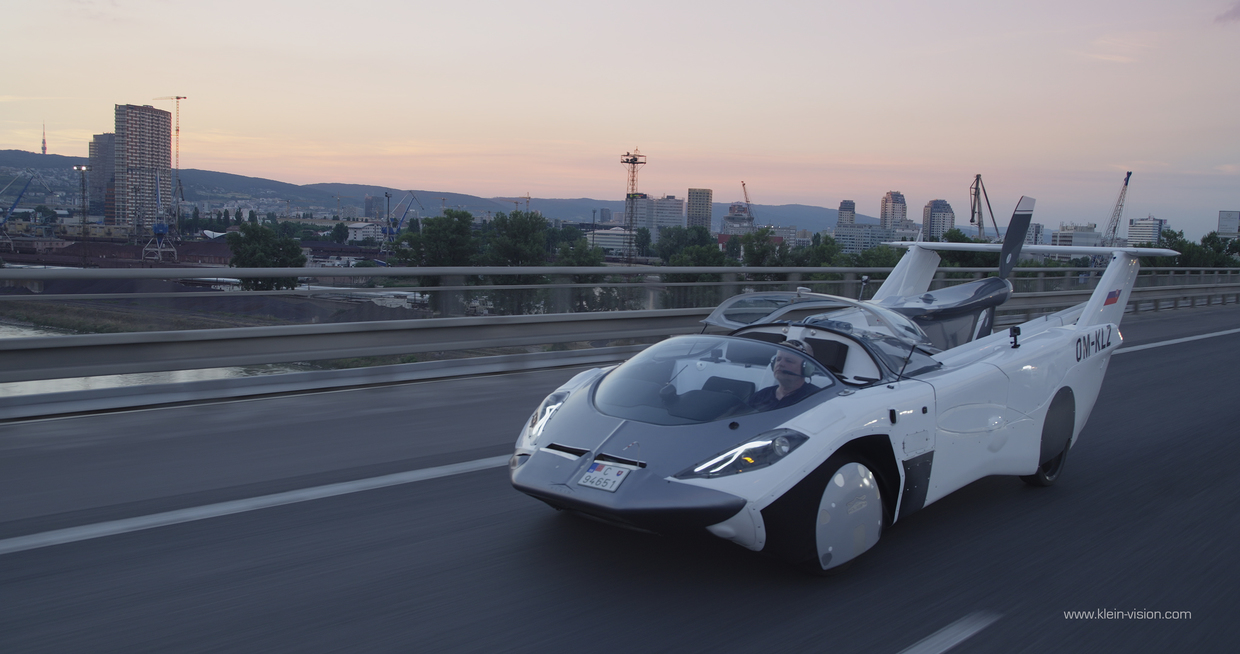Ray Dalio compares political risks in the US with recent economic growth in China
China is winning the economic competition against the United States, according to Ray Dalio, the founder of the world’s largest hedge-fund firm, Bridgewater Associates.
The US is in “relative decline,” while “China has been rising,” Dalio said on Monday during a wide-ranging interview with Bloomberg. He noted that the US Federal Reserve has been “behind the curve” on monetary policy, adding that “rising interest rates means all other assets have to adjust.”
Dalio contrasted political risks in the United States with recent economic growth in China, saying there’s a “reasonable chance” neither major US political party will accept the results of the 2024 election.
“There is a worry that one should have about the divisiveness and what it means for each other,” he said.
The billionaire has long predicted that the Chinese economy will overtake the US in size to become much more powerful.
Earlier this month, Dalio praised China’s drive for common prosperity while urging nations including the US to narrow wealth gaps.
For more stories on economy & finance visit RT’s business section


